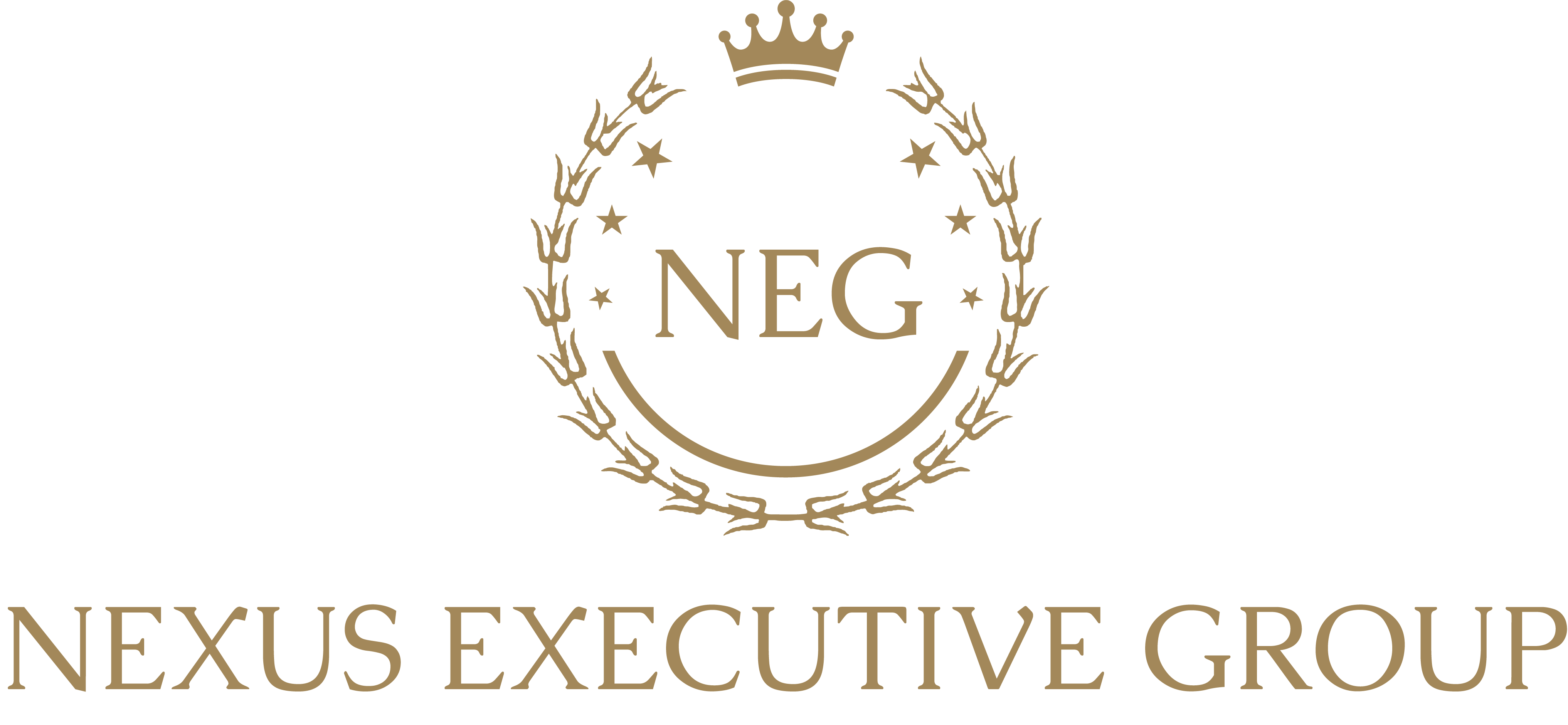In Florida’s fast-paced and competitive business landscape, organizations are seeking more than just quick wins—they’re looking for long-term, scalable growth. That’s where business consulting firms in Florida come into play.
These firms do more than offer advice; they guide companies toward actionable strategies that build resilience, profitability, and leadership from the ground up.
For businesses in B2B sectors especially, aligning with the right consulting partner can be the key to unlocking sustained momentum.
The Value of Business Consulting in a Competitive Climate
Whether a company is scaling up or trying to reposition in a saturated market, business consultants help navigate that growth intentionally. Florida’s economic environment is diverse, filled with industries ranging from telecommunications and healthcare to logistics and energy.
Each vertical comes with its own set of challenges, and the best consulting firms tailor their approach accordingly.
Firms that specialize in business development and performance optimization are not only helping clients set the right goals—they’re showing them how to achieve those goals consistently.
From refining internal processes to exploring new B2B partnerships, consultants bring structure and clarity to companies that are eager to evolve.
Laying the Foundation: Customer-Centric Strategies
At the heart of sustainable growth is the customer. A sound customer growth strategy ensures that the needs of the end-user are always top of mind.
Business consultants often begin by assessing the customer journey and identifying friction points that can be improved with better messaging, faster service, or more personalized outreach.
Subsections of this approach often include:
- Market segmentation and targeting: Knowing exactly who you’re serving helps refine offers and boost conversion.
- Customer feedback integration: Ongoing feedback loops allow companies to stay agile and respond to real-time market demands.
- Sales alignment: Ensuring that sales teams are equipped with data and tools to meet client needs effectively.
By refining the customer experience, companies are able to retain and grow their base more effectively—making long-term expansion more achievable.
Aligning Sales with Revenue Marketing Strategies
One of the most powerful shifts in recent years has been the emphasis on revenue marketing strategies. This approach focuses not just on lead generation, but on ensuring that every marketing dollar is tied to business impact. Consultants play a pivotal role in helping businesses track, measure, and scale these initiatives.
Some elements of this strategy include:
- Attribution modeling: Understanding which marketing efforts are driving revenue.
- Lead scoring and qualification: Identifying which prospects are most likely to convert.
- Sales enablement: Equipping teams with collateral, messaging, and product knowledge to convert interest into revenue.
This data-backed focus allows companies to get more from their investments and maintain accountability across departments.
Building Strong Teams Through Leadership Development
Sustainable growth hinges on more than just customer acquisition or streamlined operations—it fundamentally relies on strong, adaptable leadership. Organizations that recognize this are investing in leadership development as a long-term strategy, not just a human resources function.
Business consultants play a critical role in this process by helping companies cultivate internal talent, fill leadership gaps, and develop frameworks for growth that extend beyond the executive suite.
Identifying Leadership Needs
One of the first steps in building strong leadership is performing a skill gap analysis. This involves assessing the current capabilities of both emerging and established team members against the organization’s future needs.
The goal is to identify which competencies are missing—whether it’s strategic thinking, conflict resolution, or communication under pressure—and develop a plan to bridge those gaps.
Consultants often work closely with team leaders to prioritize these skills and integrate learning goals into day-to-day operations. By understanding exactly where your leadership bench is strong—and where it needs reinforcement—organizations can build a more resilient team culture.
Developing Talent from Within
Once gaps are identified, companies must take intentional steps to cultivate internal talent. Mentorship programs are a common and highly effective approach.
These pair new or mid-level employees with seasoned leaders who can offer guidance, feedback, and real-world context to their development. Unlike one-off training sessions, mentorship builds long-term relationships that are rooted in trust and mutual growth.
Another crucial component is tactical leadership training, which goes beyond theory. These workshops or simulations teach future leaders how to:
- Make decisions under pressure
- Adapt during times of uncertainty
- Lead teams through change
The focus here is on building decision-making muscles that can be relied on when the stakes are high.
Elevating Culture Through Leadership
Leadership development doesn’t just benefit individuals—it transforms the broader work culture. When employees see a clear path to advancement, engagement rises. When managers lead with empathy and strategy, teams become more cohesive. When leadership aligns with company values, customer trust deepens.
A strong leadership pipeline creates ripple effects across every department. It encourages better problem-solving, more efficient collaboration, and a shared sense of ownership. These cultural shifts help businesses sustain performance even in times of market volatility or internal transition.
In summary, building a leadership strategy is not a side project—it is a growth imperative. With the right training, mentorship, and long-term investment, companies can empower their people to lead effectively and carry the business into its next chapter of success.
The Role of Collaboration in Lasting Success
Collaboration is not just a buzzword—it’s the foundation of any effective consulting relationship. The most impactful business consulting firms in Florida don’t operate at a distance. Instead, they work closely with client teams, fostering a partnership that is rooted in trust, mutual goals, and long-term vision.
Unlike short-term engagements that focus solely on immediate deliverables, true consulting success comes from ongoing cooperation that evolves with the business itself.
Establishing Shared Goals and KPIs
A lasting consulting partnership begins with aligned expectations. Rather than applying a one-size-fits-all model, consultants and businesses should co-create measurable goals that align with strategic priorities.
These key performance indicators (KPIs) serve as the compass throughout the engagement:
- Tracking progress
- Guiding decisions
- Making results tangible
Whether the focus is on improving a customer growth strategy or implementing revenue marketing strategies, clear benchmarks keep both parties accountable and invested.
Beyond numeric targets, shared goals often include qualitative aspects like enhancing leadership alignment or improving cross-functional collaboration. By clarifying what success looks like, consultants and client teams stay focused on outcomes that actually matter to the business.
Creating Open Lines of Communication
Effective collaboration depends on open, continuous dialogue. Business consultants are not meant to swoop in and deliver static solutions—they are there to listen, respond, and adapt.
Regular check-ins, transparent feedback loops, and collaborative problem-solving sessions are critical for maintaining momentum and addressing challenges before they escalate.
This level of communication also fosters knowledge transfer. The best consultants equip internal teams with tools, frameworks, and insights that remain long after the engagement ends. As teams become more confident in applying these tools themselves, the organization builds independence and resilience.
Evolving With Market Changes
In today’s fast-paced environment, flexibility is a competitive advantage. That’s why collaborative consulting must be iterative and adaptive.
Strategies developed at the start of an engagement may need refinement months later as market conditions, consumer behavior, or operational realities shift. Consultants who remain embedded in the business are best positioned to identify these shifts early and recommend timely adjustments.
Rather than treating consulting as a linear process with a fixed endpoint, organizations should embrace it as a dynamic partnership. This mindset allows for innovation, continuous improvement, and the ability to stay ahead of competitors.
The Value of Strategic Partnership
Ultimately, the companies that benefit the most from consulting are those that see their consultants as strategic partners, not just external advisors.
They recognize that real transformation requires internal reflection, collaboration, and a willingness to commit to long-term change. This openness makes room for meaningful growth—not just in revenue, but in culture, leadership, and agility.
When collaboration is built on shared goals, open communication, and strategic flexibility, it becomes a powerful driver of sustainable success.
Navigating Growth in the Florida Market
Florida presents unique opportunities for business growth, especially in rapidly expanding metro areas like Orlando, Tampa, and Miami. With access to diverse talent pools, global infrastructure, and an influx of new enterprises, the conditions are ideal for companies ready to expand.
However, this also means higher competition, fast-shifting customer expectations, and the need to stand out in crowded sectors. Business consulting firms provide the frameworks, insights, and support systems that enable companies to rise above the noise and build a presence that lasts.
What to Look for in a Consulting Partner
Not all consulting firms are created equal. When evaluating a potential partner, companies should look for those with:
- Industry expertise: Familiarity with your specific market and audience.
- Proven outcomes: A portfolio that includes revenue growth, improved customer satisfaction, or successful turnarounds.
- Hands-on collaboration: A willingness to work alongside internal teams, not just send recommendations from the sidelines.
- Training and support services: Access to development programs that empower your team, not just your strategy.
Nexus Executive Group exemplifies these qualities through its work with B2B companies across Florida, helping them navigate challenges and seize growth opportunities with precision and purpose.
Growth that Lasts
In a state as dynamic and opportunity-rich as Florida, businesses must stay agile, forward-thinking, and customer-focused to remain competitive. Partnering with a business consulting firm isn’t about outsourcing your future—it’s about empowering your organization to move forward with clarity and confidence.
The most effective growth doesn’t come from chance—it comes from strategy. From customer acquisition to leadership development, Florida’s leading consulting firms are proving that with the right tools and mindset, long-term success is within reach.
Ready to position your business for sustainable growth? Nexus Executive Group offers personalized consulting solutions that drive meaningful, measurable results. Contact our team today to start building your future.


